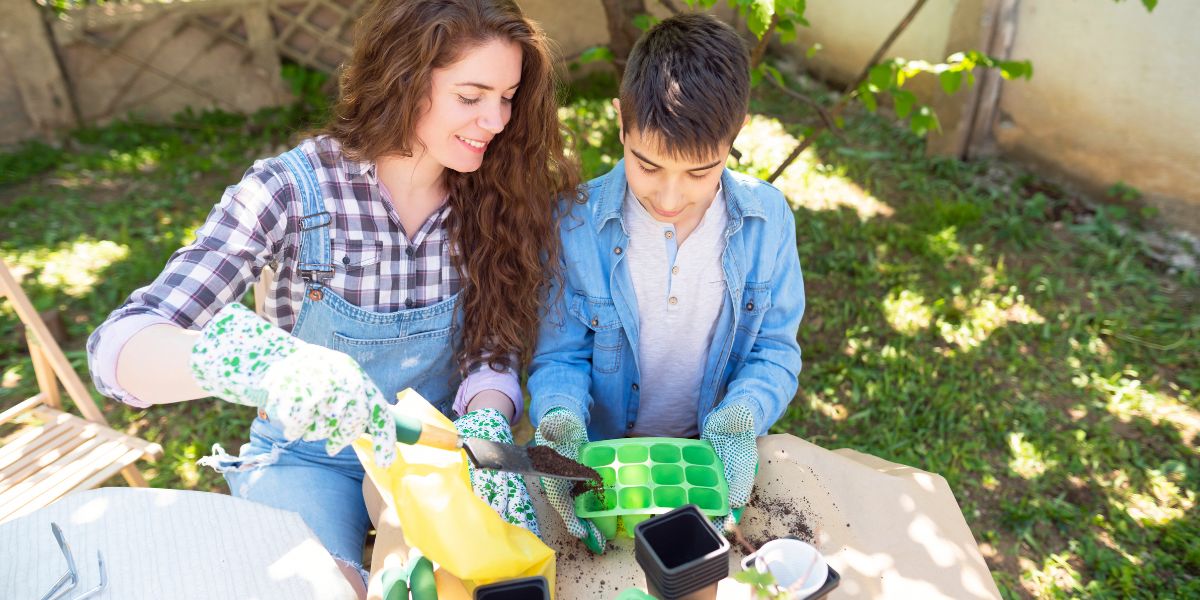1. Embrace Modern Garden Aesthetics
Modern gardens celebrate simplicity, clean lines, and functional outdoor spaces. When reinventing your garden, consider using organic materials like wood, metal, and stone for a uniquely sustainable look.
Natural elements such as plants and trees not only add texture and color to your space but also help reduce energy costs. Using recycled materials for design elements can further enhance the eco-friendliness of your modern garden.
2. Integrate Natural Materials
Incorporating natural materials into your garden design can make your space feel more inviting and grounded in the environment. Use wood and stone to build raised beds, benches, and paths, and consider using renewable energy systems and recycled materials as part of your design.
These materials lend character and texture to your garden while also helping preserve our planet.
3. Prioritize Water Conservation
In the process of redesigning your garden, remember to focus on water conservation. Smart irrigation systems can reduce water usage by monitoring weather conditions and adjusting watering schedules automatically.
You might also want to choose drought-tolerant plants that require less water, saving you both time and money while maintaining a lush, beautiful garden.
4. Choose Native Plants
Including native plants in your garden is a fantastic way to make it more sustainable. Native plants need less maintenance and fewer resources, such as water and fertilizer, compared to non-native plants.
These plants are more likely to thrive in your local climate and soil conditions. Plus, they support local ecosystems by offering food and shelter to local wildlife and attracting pollinators like bees and butterflies.
5. Opt for Eco-Friendly Pest Control
Maintaining a healthy garden demands effective pest control. Thankfully, modern, eco-friendly methods are available that don't rely on harsh chemical pesticides.Consider using natural predators like ladybugs to tackle unwanted pests or attracting beneficial insects to deter them. Traps and barriers can help isolate problem areas without the need for chemicals.
If you found this article helpful and inspiring, please consider sharing it with your friends or on your social media platforms. If you know someone who might benefit from reading it, why not send them a link? Let's spread the word about sustainable gardening!

There are currently no more comments available.